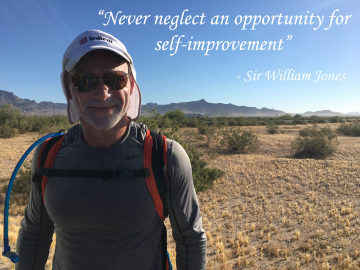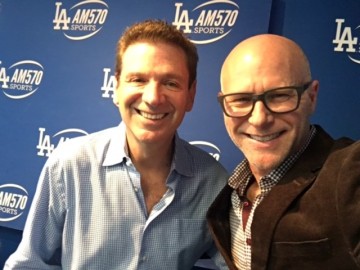U.S. Supreme Court Justice Louis Brandeis (who I claim as a distant relative) once opined that “sunlight is said to be the best of disinfectants” in a 1913 Harper’s Weekly article, entitled “What Publicity Can Do.” But it was an image that had been in his mind for decades. Twenty years earlier, in a letter to his then-fiancée, Brandeis had expressed an interest in writing a “a sort of companion piece” to his influential article on “The Right to Privacy,” but this time he would focus on “The Duty of Publicity.” He had been thinking, he wrote, “about the wickedness of people shielding wrongdoers & passing them off (or at least allowing them to pass themselves off) as honest men.” He then proposed a remedy:
If the broad light of day could be let in upon men’s actions, it would purify them as the sun disinfects.
(Sunlight Foundation, 2009, Sunlight Research)
These quotes (with thanks to The Sunlight Foundation’s 2009 Sunlight Research project) feel appropriate today when analyzing the ongoing debate about the Indiana religious freedom law.
Much has been written from all sides about this law and I am not here to weigh into that debate. I get that sometimes the legal system has to deal with tensions between two competing (yet valid) points of view. On the one hand, from a civil liberty perspective, no one should have a lesser body of rights available to them based on who they love. On the other hand, the very foundation of our country is religious freedom, and that too is a right worthy of respect. Regardless of whether a person’s religious belief is one I personally subscribe to, I get that it is an important right to preserve. (Just as what some people choose to do in their bedroom is not what I personally subscribe to, yet those rights are, in my view, important to preserve.)
However, I look at this law (and others like it) from a transparency point of view. I like the idea of knowing who I am doing business with. I like being able to know if a business or organization has a particular practice or standard or closely held beliefs that can affect my decision to support or patronize them. In my experience people vote with their feet and with their pocketbooks, and if a company has a particular viewpoint, especially if it’s one with political or civil liberties implications, I’d prefer to know what that is, rather than continue to patronize an entity that is misaligned with my values.
It seems to me a result (perhaps an unintended consequence) of the Indiana law is that it shines a public light on those who may choose for reasons of faith to serve or not serve a particular segment of the community. The politicians and advocates from all sides can debate that issue; for me, it’s about transparency.
- #JourneyAcrossAmerica Update - May 10, 2017
- CNN Interview for my #RunAcrossAmerica - April 21, 2017
- #WhatsMyWin Training and Interview for my #RunAcrossAmerica - April 21, 2017





 Darren is an accomplished TV personality, attorney, interventionist, keynote speaker, and 'misbehavior expert' who appears constantly on countless TV and radio shows.
Darren is an accomplished TV personality, attorney, interventionist, keynote speaker, and 'misbehavior expert' who appears constantly on countless TV and radio shows.